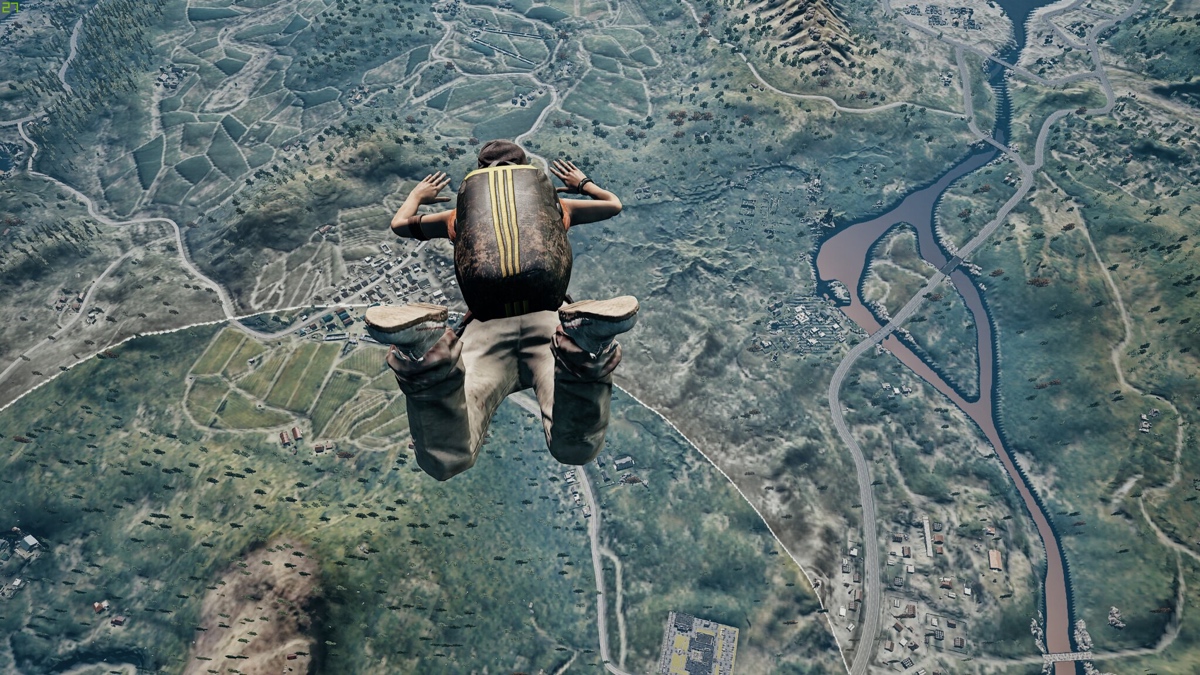Ban on PUBG in India leads to police putting young gamers behind bars

In March, the Indian state of Gujarat decided to ban Playerunknown’s Battlegrounds (PUBG), one of the most popular games in the world. And now, according to an investigative Buzzfeed News report, young Gujarati PUBG players have actually been arrested under this draconian new policy.
He had never been inside a police station. Now he was sitting across the desk from two plainclothes cops who threatened to throw him in jail for playing a video game.
— ¯\_(ツ)_/¯ (@PranavDixit) May 28, 2019
I met the boys arrested in Gujarat's Juhapura to unpack India's national PUBG hysteriahttps://t.co/DLomS81sl9
Not only are players subject to fines and jail time, but the general public is encouraged to call the police if they see anyone playing PUBG. While PUBG first launched on PC, Tencent made it available on mobile in 2018. Given the game’s popularity on smartphones, this means that someone could see you quietly playing it on the bus and turn you in. The ban was actively enforced between March 9 and April 30, and by mid-March, police had arrested 21 people.

PUBG is not especially violent or aggressive, but its raging popularity, along with its easily-accessible free-to-play format – all you need is WiFi and a decent smartphone – has created waves of paranoia around mobile gaming. The game itself is based on the “battle royale” principle where one player must kill and/or outlast a hundred others on an island. PUBG is not the only popular battle royale-style game on the market: there’s also Fortnite, a slightly more cartoonish version of PUBG.
Rajkot Police Commissioner Manoj Agarwal cited “various [unnamed] sources” that claim games like PUBG lead to “violent traits are shown to be increased in youth and children.” Of course, Agarwal did not go into detail, but referred to broad stereotypes of young, impressionable gamers being exposed to unsavoury elements online, which “affects the behaviour, manners, speech and development of the youth and children.” Last month, Rajkot Police even went as far as to write a letter to Google, requesting the tech giant to remove PUBG from the Play Store (of course, it did not).
Rajkot has applied a ban on PUBG from 9 March to 30 April because it "incites violence and affects studies." The city police arrested 6 people + 3 others for playing PUBG, and later let them go on bail. Insane. https://t.co/MEp3zdLslF
— Ivan Mehta (@IndianIdle) March 14, 2019
Of course, there are instances where people might be suffering from gaming addiction. Earlier this month, Indian news reported on one young woman — an avid PUBG player — who demanded a divorce from her unsupportive husband. However (we can’t believe we have to say this), not all gamers are addicts — many play as a form of stress relief, recreation, and a way to hang out remotely with friends.
Buzzfeed also spoke to Kaushar Ali, an activist and social worker who helped to get a group of PUBG-playing boys out of jail. Ali shrewdly pointed out that the bans aren’t really about PUBG, but “a way for the state to remind people of its authority every once in a while. It’s a way to show you that if they want to put you in jail for playing a video game, well, they can,” he said.
Even one of the arresting cops advised the boys to play the game in private, underlining the very real authoritarian statement that the state government is trying to make. The police approach was simple, according to Buzzfeed: cops simply singled out boys in popular common areas (hostels, cafes, and so on) who were using smartphones in “landscape mode”. Needless to say, this kind of strategy (or in this case, a total lack of real strategy) sets a wildly dangerous precedent for police profiling.
Putting kids in jail for playing a game seems ridiculous, especially in a huge, densely-populated country where police resources are already limited. India is already going through a tumultuous time dealing with tech-related problems including social media misinformation and rural violence; earlier this year, it also briefly banned TikTok for exposing kids to “pornography”. And in spite of these issues, including deep religious tensions, misogyny, and gang rape, this is the hill that anti-gaming activists have chosen to die on.
One might wonder if banning things actually works for Indian legislators, because the country’s technology-related problems don’t seem to be going away. Far from taking an empathetic and progressive approach to understanding youth culture and gaming, Gujarat has done more to alienate its youth than ever.
For more original AsiaOne articles, visit here.